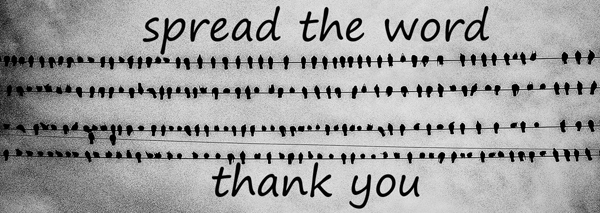
| WELCOME |
 |

comments, ephemera, speculation, etc. (protected political speech and personal opinion) 2020- 2020-12-15 f SPECIFICITY COUNTERS GENERALITY "Lumping several individual words that have specific meanings into a single generic word that has a general meaning was a rather common approach of Hasidic Yiddish." Lost Yiddish Words
The language contemporary Hasidim use in everyday life borrows from English and simplifies a richer linguistic ancestor—and yet is more alive Yiddish was the language of my childhood, my first language, the one in which I learned to speak and later, to read and write. In Hasidic Williamsburg, where I was born and raised, Yiddish rumbled all around me. It was a natural part of the environment, sounding native to the very air. Certainly, I’d never thought to question or analyze my feelings about it. Was Yiddish a pretty language? Was it expansive? Did its grammar rules make sense? Did it have colorful metaphors? Beautiful imagery? Had you asked me such questions when I was growing up, I would not have known how to answer. Yiddish was Yiddish. Just that. Now English, that was another story. I began learning English in the first grade, and the older I grew, the more I became enamored of the language. English was sophisticated. It was the language of grown-ups, with gorgeous synonyms for nearly every adjective and lovely words like kaleidoscope and susurrus and serendipity whose S’s floated from my mouth into the air like the softest of clouds. That I became a writer was inevitable. And that the English language was my toolkit seemed equally ordained. But then I fell into my literary translation career—“fell into” being the precise description of what happened, though that is a story for another time—and suddenly, I was surrounded by a network of “Yiddishists,” secular people who revered Yiddish, who spoke about the language in romantic, sentimental tones, who quoted Yiddish writers with the same awe my English professors used to quote Chekhov and Austen and Hemingway. The Yiddishists argued over word usage and grammar with an earnestness that can only ever be exhibited by pedantic language-loving nerds, one of whom, I discovered, was I. My transformation into a bona fide Yiddishist, albeit a Hasidic one, occurred in barely noticeable increments, but all at once I found myself nodding along to phrases like “ancestral language” and “cultural responsibility” and “endangered heritage” with the same earnestness as my Yiddish-loving colleagues. Suddenly, the beauty of a certain Yiddish phrase could make my breath catch. And one day I realized, to my utter surprise, that not only was Yiddish no longer a child’s language to me, but instead rang so richly and resonantly in my ears, its words moved me as no other language could. Yiddish had always been where I felt most at home, but now it had captured my heart. Perhaps this was inevitable. When we immerse ourselves in any artistic genre or skill, we develop a richer appreciation for it, and the deeper we are absorbed by it, the greater grows our appreciation. As a literary translator, I was in as deep as one can get. Fretting over the precision of each word. Listening for the cadence in the sentences. Struggling over each passage or paragraph I translated, so that its music would make itself heard. How could I not fall in love with the language? But there was something else, though it took me a book’s worth of translating before I realized it. I had grown up on Hasidic Yiddish. The Yiddish I spoke (and speak) is homey and friendly and gives me a sense of confidence and belonging. It is alive! We Hasidim use it in our daily interactions: to converse, to argue, to ask, to explain. We use it to express our emotions: our anger, our sadness, our frustrations, our joy, our pride, our glee. We use it to write notes to our children’s teachers and to write books and articles for each other to read. We use it. Nearly nobody else does. But for all its life and vibrancy, Hasidic Yiddish is missing a whole bunch of words. No wonder I hadn’t noticed the language’s beauty. So many of its beautiful words had been lost. ... But in truth, I myself was annoyed. The language lover in me couldn’t help it. Why had we abandoned so many gorgeous, effervescent Yiddish words? I took into account that a writer’s language is different from daily speech and perhaps the words I’d found in my books hadn’t been used as pervasively in general conversations as they were on the written page. Still, there was no denying that those words had been alive during those times. Like the Yiddish spoken language of contemporary Hasidim, at least those words used to have a heartbeat. ... Yiddish was the language of my childhood, but it was in adulthood that I learned it. Learned its words (literally) and learned its heart. It is a living thing, this language of Yiddish, and like all live objects, it continues to move into unexpected territories, touching people and agitating them, expanding and contracting, growing and evolving. It is Yiddish. Just that, but more than that. (read more) ______________________ Permission is hereby granted to any and all to copy and paste any entry on this page and convey it electronically along with its URL, ______________________ |
...
News and facts for
those sick and tired of the National Propaganda Radio
version of reality.
|
|||||
|

| If
you let them redefine words, they will control
language. If you let them control language, they will control thoughts. If you let them control thoughts, they will control you. They will own you. |
| © 2020 - thenotimes.com - All Rights Reserved |